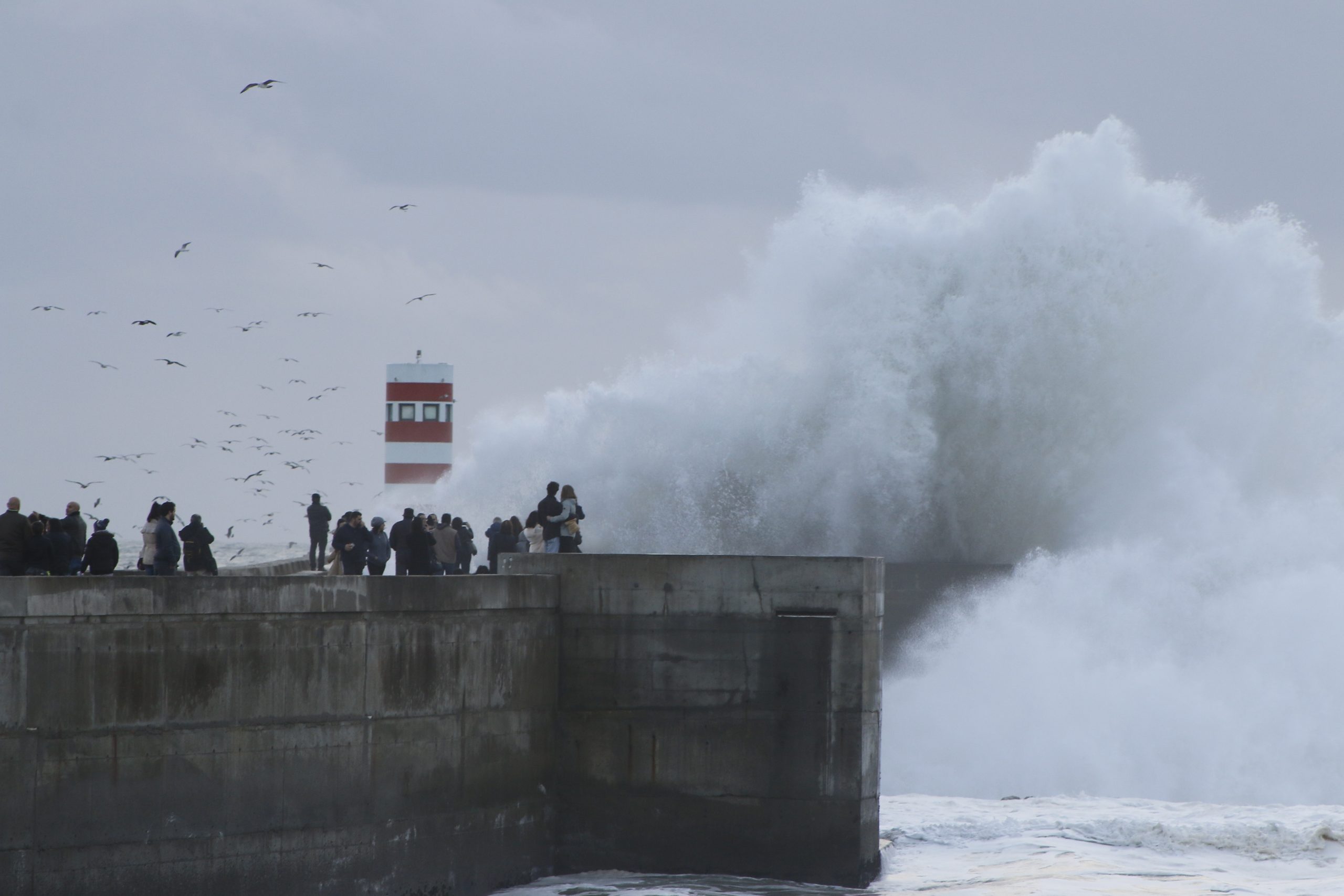 Large waves and rough seas make boat travel a harrowing experience. But what happens if you are at work and fall out of bed during those stormy seas? Is the captain or company you work for liable under the Jones Act? The following case out of Louisiana helps answer the question; can I recover under the Jones Act if rough seas cause my back injury?
Large waves and rough seas make boat travel a harrowing experience. But what happens if you are at work and fall out of bed during those stormy seas? Is the captain or company you work for liable under the Jones Act? The following case out of Louisiana helps answer the question; can I recover under the Jones Act if rough seas cause my back injury?
Richard Bosarge sued Cheramie Marine LLC (“Cheramie”) under the Jones Act after he allegedly suffered injuries aboard one of its utility vessels. See 46 U.S.C. § 30101. Before starting work, he had to complete a physical. During the physical, Bosarge responded he did not have any prior back pain or injuries, even though he had previously received medical care for his back pain. Nonetheless, Cheramie hired Bosarge to work as a relief captain.
Bosarge claimed he was injured due to the captain’s decision to travel through rough seas. He alleged the captain’s path caused him to come out of bed and get slammed down. Cheramie argued the waves were not that big, and Bosarge had not reported having an accident. The jury found Bosarge had not suffered an accident. Further, the jury also found Bosarge misrepresented or concealed facts during his pre-employment physical.
Bosarge appealed, arguing there was insufficient evidence to support the jury’s verdict. However, because Bosarge did not move for a directed verdict, new trial, or judgment notwithstanding the evidence, the appellate court could not review whether sufficient evidence existed. See OneBeacon Ins. Co. v. T. Wade Welch & Assocs.
On appeal, Bosarge also argued the district court had confused the jury with the word “accident” in the jury instructions. He claimed the word “accident” suggests the incident occurred without fault. The appellate court found the verdict did not need to be overturned solely because the district court judge had not exactly followed the Pattern Jury Instructions provided by the Fifth Circuit. The appellate court pointed to the definition of “accident” in the dictionary, which states the event can result from carelessness or ignorance. Additionally, Bosarge did not provide any evidence that an ordinary person’s use of the word “accident” assumes that no one is at fault. Therefore, in light of the district court’s broad discretion with respect to jury instructions, the appellate court ruled there was no error requiring the case to be reversed.
Bosarge also argued the district court should not have allowed Cheramie’s expert to opine about an MRI film from before the accident because he had not received this record before the trial. The appellate court ruled the district court did not err in allowing this evidence because the expert report had been disclosed months earlier. The district court also ruled the MRI films could not be admitted into evidence.
This case shows one can recover for injuries sustained during rough seas if one can prove the captain or company’s negligence. Unfortunately for Bosarge, he couldn’t convince the jury Cheramie’s captain was negligent in his actions. He also wasn’t successful in his attempt to overturn the jury’s decision through the appeal. With better facts or evidence, perhaps he could have prevailed. A good lawyer can help advise you on what you need to do prior to and during a trial to preserve possible arguments for appeal. For example, they can help you move for a directed verdict or judgment notwithstanding the evidence. They can also help advise you on appropriate jury instructions and admissible evidence.
Additional Sources: Bosarge v. Cheramie Marine, LLC
Written by Berniard Law Firm
Additional Berniard Law Firm Article on the Jones Act: Personal Injury Case in Louisiana Appellate Court Examines Jones Act Seaman Status
 Insurance Dispute Lawyer Blog
Insurance Dispute Lawyer Blog

